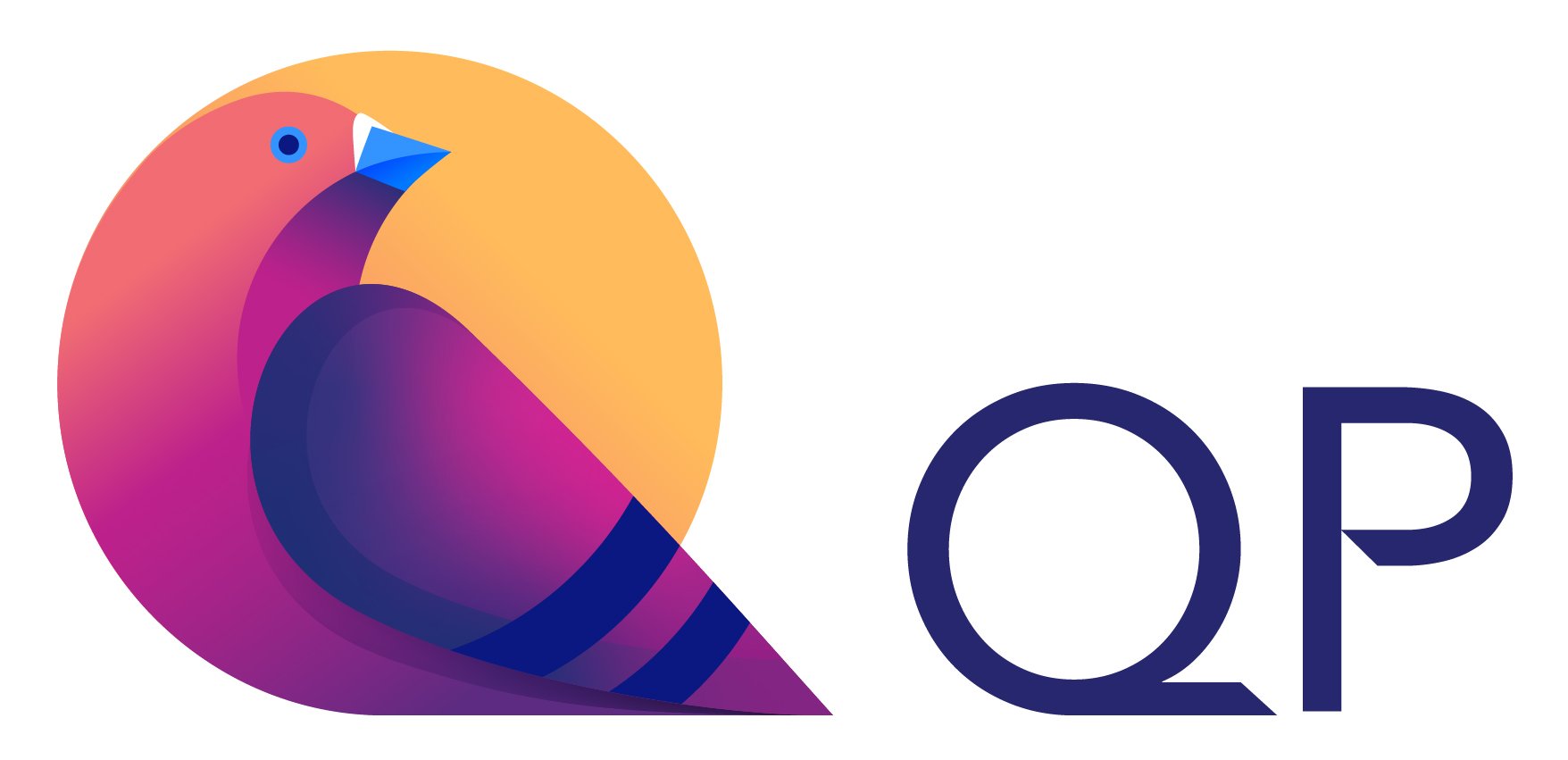The early 21st century has been filled with innovations, from iPhones to Teslas to Google Glass. Among the most commonly-used innovations is streaming video: where once we gained most of our television through bunny ear aerials, then moved on to paying Comcast for a cable box, today’s average TV viewer now gains access to their favorite shows through one of a series of paid services. While the business model of streaming video seems like it may be undergoing a bit of a re-write, the initial success of Netflix, Hulu, HBO Max and so forth taught us one thing:
Consumers are willing to pay directly for content they actively prefer.
We’re all happy to let ads chop up, and play through, the sorts of shows whose primary value proposition is filling the air with happy sounds while we’re doing housework. But when it comes to tent pole entertainment like Game of Thrones, or Stranger Things, or A Handmaid’s Tale, we’re willing to put money on the table to stem the interruptions.

Much like the actors in these shows, experts at the very top of their field have been able to earn a living by sharing their knowledge in various ways. From interviews to conference attendance to private consultations, folks with the broadest profiles and largest followings are able to drive revenue in a way that is virtually indistinguishable from other flashy celebrities. By granting some level of access to their talents and skills in a relatively exclusive way that is only available to a few, they can turn a profit, if not as much of a one as Taylor Swift: offering tickets to just her 2.4 million closest friends appears to be eliminate the vast majority of people who want to be there!
Speaking of singers, back in the day when musicians made money from the records they sold, it was easy to distinguish between their skills and the cold, hard records/cassettes/CDs that consumers bought. Then, once the system shifted so that musicians’ real source of income was concerts, consumers kept the little bit of distance by thinking of themselves as buying a ticket. The reality, though, is that the model, now, is in fact patronage: enthusiasts paying money to the musician so that they can keep doing their thing. Similarly, while consumers might assure themselves they’re “buying a subscription to [enter name of streaming service here]”, they, once again, are simply funding that company’s continuing efforts to curate a pleasingly-entertaining library of content.
Think about it this way: most of the music consumers discover today is delivered via an ad-supported medium (i.e. the radio) or a service that doesn’t particularly favor nor substantially support one artist over another (think: Spotify/Apple Music/Pandora/etc.). Where the artist becomes successful and wealthy is in the dollars their most devoted followers are willing to invest in concerts – events of limited availability and staged specifically to allow fans and the object of their fandom to commune.

The market for ‘content’ has split into two: discovery and background entertainment is supported by advertising; high-quality content and expertise is funded directly by consumers.
The truth is, this doesn’t just apply to musicians – it applies to all the individuals out there who earn a living with the content they create, whatever that might be. Actors in popular TV shows can make good money from travelling to in-person Comic-Cons and fan shows; authors can be paid to present to small audiences; even bloggers and podcasters find themselves with invitations to address friendly groups.
You might call this expertise-as-offering: A state in which one party gladly pays to tap into the expertise of another. That expertise might be in singing, painting, teaching yoga, how to travel or eat out excellently, losing weight or gaining muscle, investing, starting a business, or really anything in between. Once, only those at the very pinnacle of their area of expertise could hope to make a real living at it, and even then, they were often expected to be some sort of meta-expert: an economist could become famous and in-demand by predicting the future of the market, but not as the holder of a more obscure level of knowledge, By contrast, in the age of the Internet and social networking, it is entirely possible to gain a following as the world’s number one expert on, say, the impact of word order on B2B solicitation emails for software companies.
Expertise-as-offering is only now coming into its own because of the divergence of content funding online.
Real experts can’t maximize their revenue potential in an ad-supported environment.
Ad-supported platforms are incentivized to put as many eyeballs as possible onto the maximum number of ads – which is wholly incompatible with an expert’s goal of sharing their knowledge and enriching the experiences of their followers. Indeed, there are platforms where the act of building a significant following does not even provide the opportunity to make money directly at all (we’re looking at you, LinkedIn).
Today’s market lends itself far more directly to building a true expertise-driven business. All those ‘LinkedInfluencers’, whose tens of thousands of followers would be willing to pitch in to elevate their work, can now build subscription channels, with the ability to take ad hoc payments for specific pieces of labor, and build more intimate connections with their audience. They can provide what we at QP call social access – the opportunity for patrons to get to know the person behind the expertise.
Whether you call it a subscription payment, patronage, or anything else, it is clear that a new generation of experts have emerged, and the technology to support them in their pursuit of making a living is ready to rock and roll.


